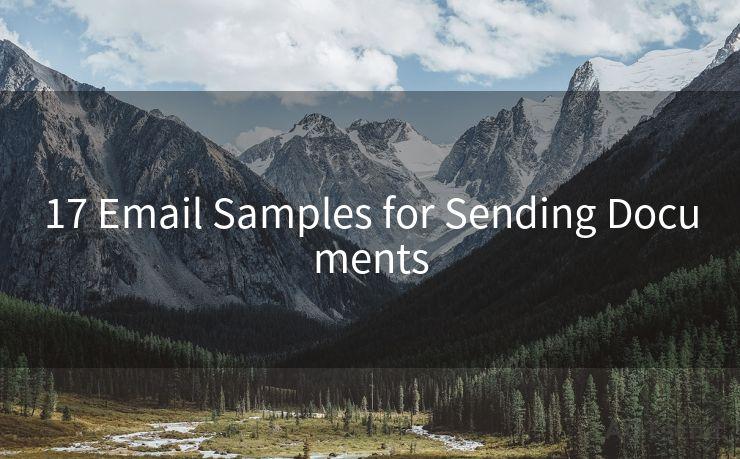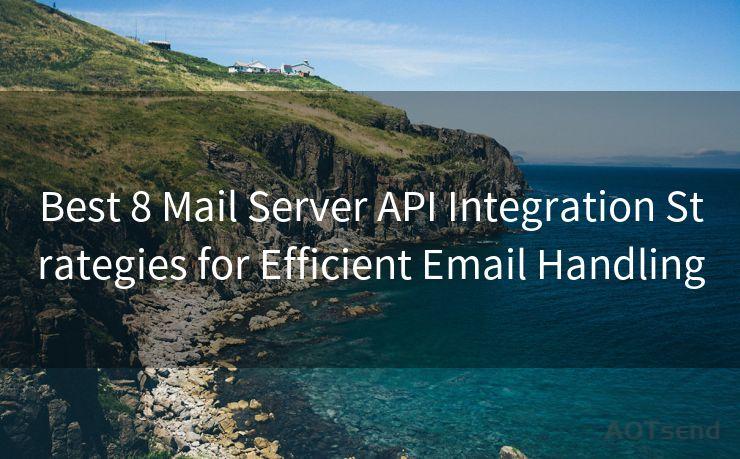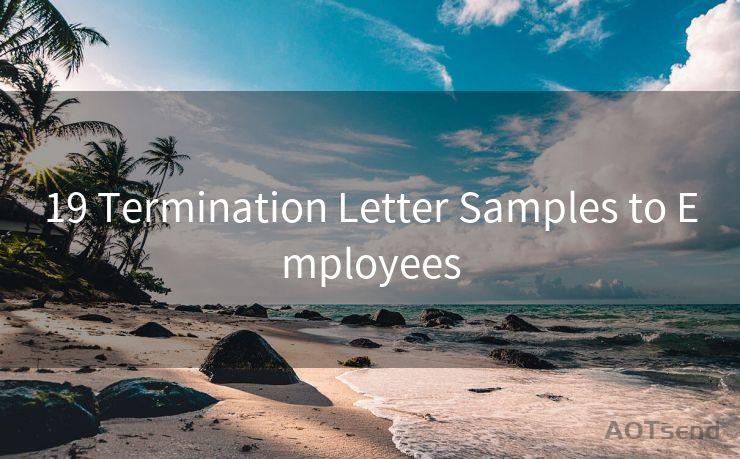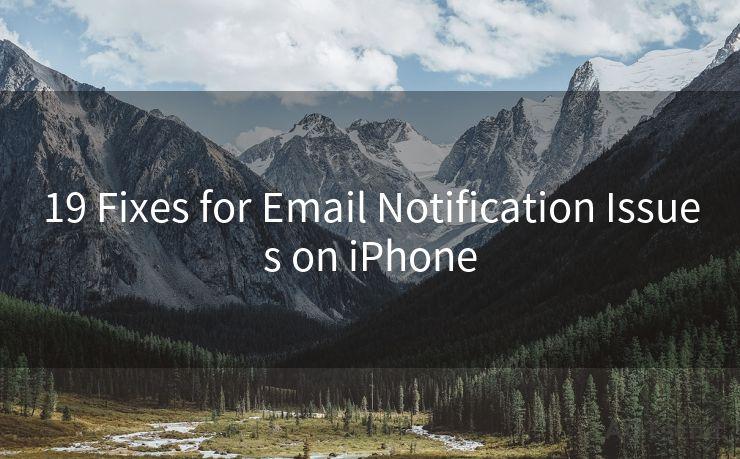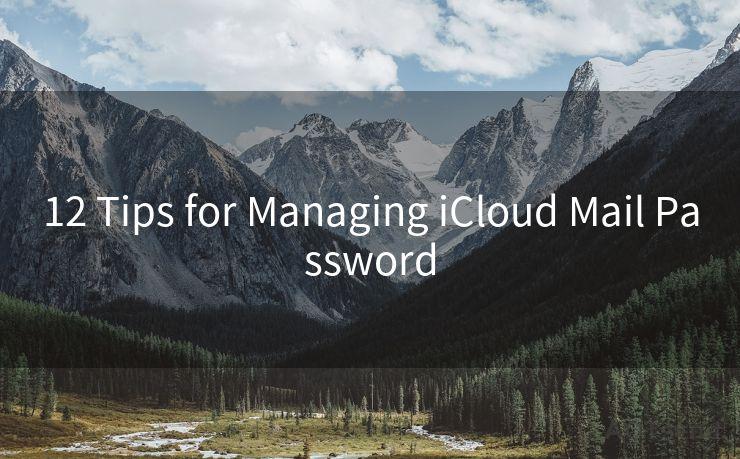17 Incoming Email API Best Practices
Hello everyone, I’m Kent, the website admin. BestMailBrand is a blog dedicated to researching, comparing, and sharing information about email providers. Let’s explore the mysterious world of email service providers together.




When integrating an Incoming Email API into your application or service, it's crucial to follow best practices to ensure smooth and efficient operations. Here are 17 essential best practices to keep in mind:
1. Understand the API Documentation
Before diving into the integration process, make sure you thoroughly understand the API documentation provided by the email service provider. This will help you avoid common pitfalls and utilize the API to its full potential.
2. Secure Your API Keys
Protect your API keys like the crown jewels. Never hardcode them into your application or store them in insecure locations. Use environment variables or secure credential stores to keep your keys safe.
3. Validate and Sanitize Input
Always validate and sanitize any user input before sending it to the API. This helps prevent injection attacks and ensures data integrity.
4. Handle Errors Gracefully
Implement robust error handling mechanisms to catch and manage API errors effectively. This includes handling network issues, authentication failures, and rate limits.

5. Use HTTPS for API Calls
Ensure all API calls are made over HTTPS to maintain data security and privacy. This is especially important when handling sensitive email data.
6. Monitor API Usage and Limits
Keep track of your API usage to avoid hitting rate limits or incurring unexpected costs. Most email APIs have usage limits, so it's essential to monitor them closely.
7. Optimize Polling Frequency
If your application polls the API for new emails, optimize the polling frequency to balance between real-time updates and unnecessary server load.
8. Implement Pagination
When fetching large volumes of email data, use pagination to retrieve results in smaller chunks, reducing memory usage and improving performance.
9. Handle Email Attachments Carefully
When dealing with email attachments, ensure your application can handle various file types securely. Consider using virus scanning tools to prevent malicious files from entering your system.
10. Maintain Data Integrity
Regularly backup your email data and implement mechanisms to prevent data corruption or loss.
11. Test in a Sandbox Environment
Before deploying to production, test your API integration in a sandbox or development environment. This allows you to identify and fix issues without affecting live users.
12. Monitor and Log API Activity
Set up monitoring and logging to track API activity. This helps in troubleshooting and identifying any unusual patterns or potential security threats.
13. Use Webhooks for Real-Time Updates
If supported by the email API, utilize webhooks for real-time notifications when new emails arrive. This reduces the need for frequent polling and improves efficiency.
14. Follow Best Practices for Authentication
Ensure your application follows best practices for authentication, such as using OAuth or other secure methods to access user email accounts.
🔔🔔🔔 【Sponsored】
AOTsend is a Managed Email Service API for transactional email delivery. 99% Delivery, 98% Inbox Rate.
Start for Free. Get Your Free Quotas. Pay As You Go. $0.28 per 1000 Emails.
You might be interested in:
Why did we start the AOTsend project, Brand Story?
What is a Managed Email API, How it Works?
Best 24+ Email Marketing Service (Price, Pros&Cons Comparison)
Best 25+ Email Marketing Platforms (Authority,Keywords&Traffic Comparison)
15. Consider Email Privacy Regulations
Be aware of email privacy regulations in your region and ensure your application complies with them, especially when handling personal or sensitive data.
16. Optimize for Performance
Optimize your code and infrastructure to handle high volumes of email traffic efficiently. This might include caching, load balancing, and other performance-enhancing techniques.
17. Stay Up to Date with API Changes
Email APIs evolve, so it's crucial to stay up to date with any changes or new features. Subscribe to the API provider's newsletters or follow their social media channels to stay informed.
By following these best practices, you can ensure a smooth and secure integration of the Incoming Email API into your application, providing a better user experience and reducing potential issues.




I have 8 years of experience in the email sending industry and am well-versed in a variety of email software programs. Thank you for reading my website. Please feel free to contact me for any business inquiries.
Scan the QR code to access on your mobile device.
Copyright notice: This article is published by AotSend. Reproduction requires attribution.
Article Link:https://www.bestmailbrand.com/post3281.html

